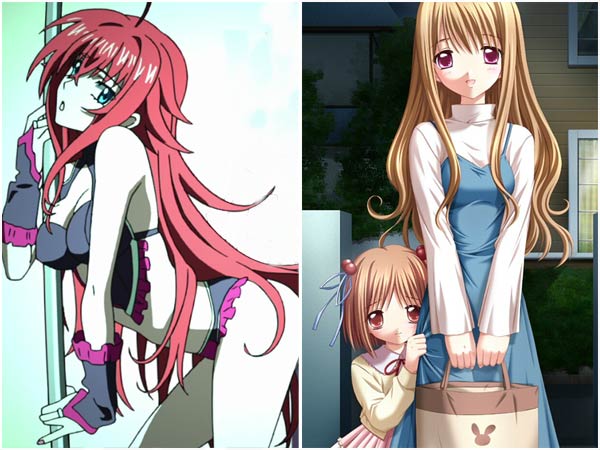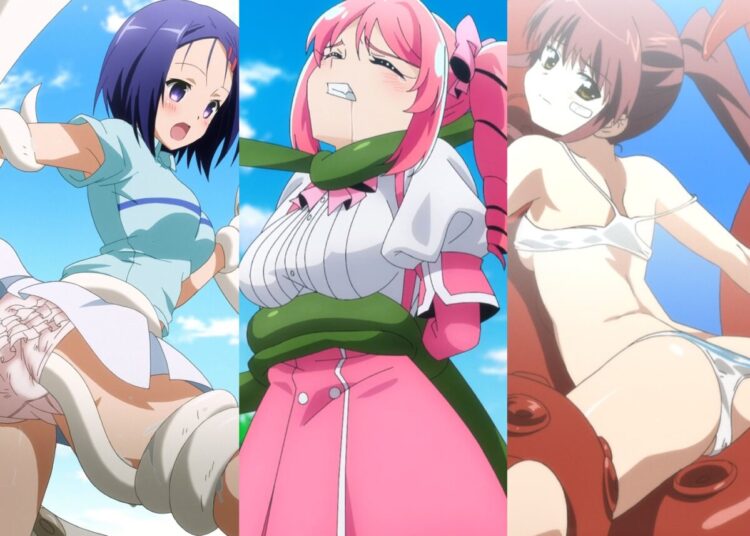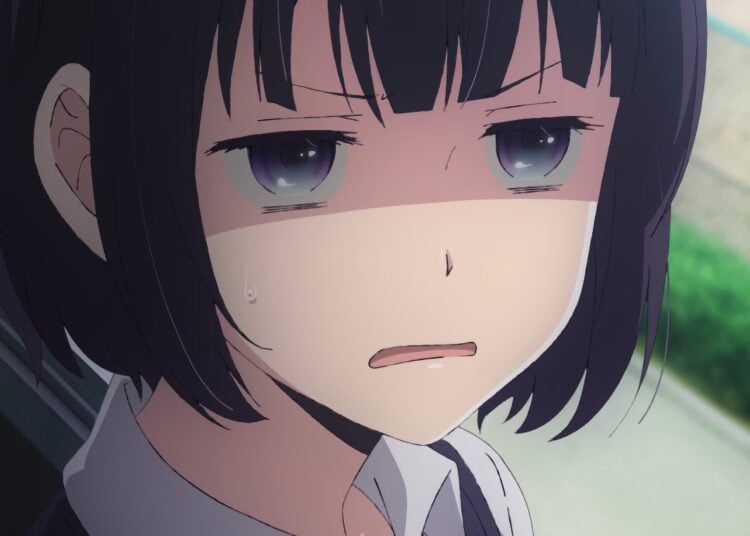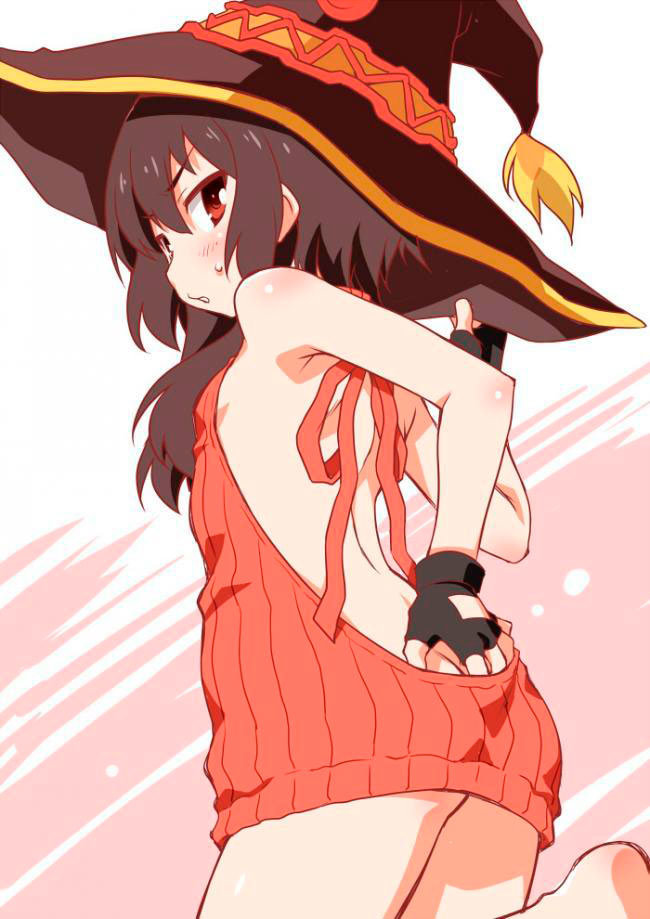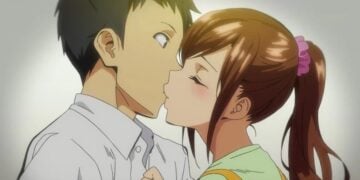It’s time for your lesson in Japanese words you didn’t know you knew, because they have the same pronunciations as English words. Bose may make excellent speakers and headphones, but in Japan the term bozu (坊主) means a bald-headed Buddhist priest, and by extension, anyone who is bald. The word for “geography” is 地理 chiri, which sounds like the country of Chile, guaranteeing lots of otousan jokes about the geography of that country. (Japanese also believe that all spicy food comes from Chile.) Japanese know the story of the Three Little Pigs, but the part about “not by the hair of my chinny chin chin” is mysteriously absent here, since chin chin (pronounced with long vowels, like “cheen cheen”) is a somewhat cute-sounding word for a penis.
Here are some other Japanese words you already know.
- Psycho! — That’s great! (最高 saikoh, pronounced “sai-koh”)
- Bimbo — Poor, no money (貧乏 binbo)
- Cheek show! — Damn! (ちくしょうchikusho)
- Hen — strange, out of the ordinary (変, which is the hen in hentai)
- She knew — to die, memorize as “she knew he was going to die (死ぬ, shinu)
- Show you — soy sauce (醤油 shoyu)
- So — the word is exactly the same in Japanese as English. Is that so? Yes. it is so.
- Kill — 切る kiru means “to cut” but a different kanji version 斬る which specifically means “to kill with a sword”
- Ginger — a Shinto shrine (神社 jinja)
- Hai — it means “yes.” If Japanese want to say “hi!” in English they lengthen the vowel, e.g. ハーイ/
- Oh, you — hot water (お湯 o-yu)
- Ohio — Good morning (おはよう ohayo)
- Never never — sticky, like natto fermented soybeans (neba neba)
- “E” — good, ok, sometimes “no thanks” (いい ii)
- Ski — [I] like [that] (好き suki)
- Haha — one’s own mother, will always incite giggling in Japanese 101 class. (母 haha)
- Grand sponsor Tokyo day Oh Christmas — this is what the message “this episode is brought to you by the sponsorship of the companies displayed on the screen now” sounds like to fans, supposedly. It’s go-ran no suponsa- no teikyo de o-okuri shimasu if you’re keeping score.
J-List is based in Gunma, a pleasant but somewhat rural prefecture located in the center of Japan’s main island of Honshu. There are six or seven small cities dotting the prefecture, and some nice mountains to visit if you want a change of scenery. Unlike Tokyo with its many tourist spots, Gunma is not a place where there are generally a lot of Westerners, and pretty much everywhere I go I find I’m the only gaijin around. Sometimes I encounter children in the supermarket who are shocked to see such an unexpected face, and I always do my best to be disarming, greeting them with a cheerful “hello!” or “hi, how are you?” so they’re not scared or turned off by non-Japanese in the future. (If I’m wearing sunglasses, I always taken them off because they’re scary to children here.) The other day I saw a 3 year old boy who was proudly pushing a stroller while his parents stood nearby. He noticed me and his eyes got really big, so I said hello and (using the super slow and easy English you develop if you live here long enough) asked if the baby in the stroller was his baby sister or brother. (She was his sister.) I complimented him on being such a big and strong older brother, and he beamed at being praised by an American, an experience he might remember for a long time.
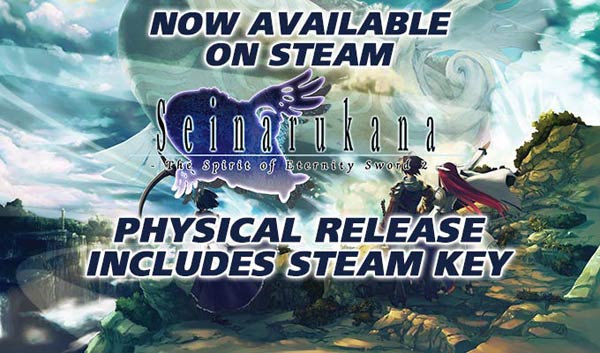
We’ve got some great news! The Steam version of our epic ero-RPG Seinarukana – The Spirit of Eternity Sword 2, the sequel to Aselia, is up on Steam now! We went the extra mile for the Steam version, translating all the totally original content (will full voice) that replaces the 18+ scenes that were removed, so both versions are great to experience. We recommend you get the Limited Edition of the game, which has great additional content plus the code for the Steam, included free. (If you already bought the game, your Steam codes will let you download the game for free now.)


